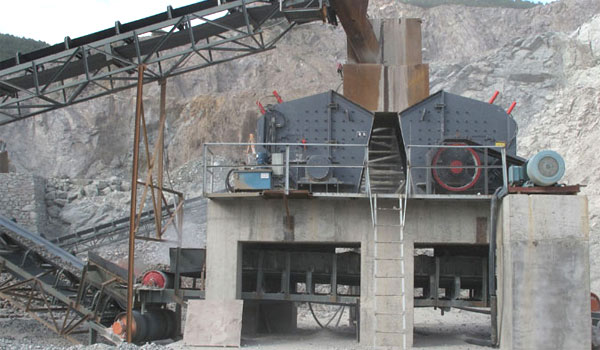Quarrying operations require a variety of crushers to process different types of materials efficiently. The choice of crusher depends on the specific requirements of the project, including the type of rock being processed, the desired end product, and the scale of operations. Among the most common types of crushers used in quarrying are jaw crushers, cone crushers, impact crushers, hammer crushers, and gyratory crushers. Each of these crushers has unique features and applications that make them suitable for specific tasks in the quarrying process.

Jaw crushers are often the first step in the crushing process. They are designed to handle large, hard materials, making them ideal for primary crushing in a quarry. The design of a jaw crusher features two plates, one stationary and one moving, that compress the material to break it down. Jaw crushers are renowned for their ability to produce a high-quality product with a uniform size, which is essential for subsequent processing stages. Their robustness and simplicity make them a popular choice for initial material processing in quarries.
Cone crushers, on the other hand, are commonly used for secondary and tertiary crushing. They operate by crushing material between a moving cone and a fixed outer shell. This design allows cone crushers to achieve a high reduction ratio, producing smaller, more uniform product sizes. They are particularly effective in processing harder materials, such as granite or basalt, and are favored for their ability to handle tough materials while maintaining high throughput rates. The versatility of cone crushers allows them to be adjusted for different output sizes, making them a valuable asset in any quarrying operation.
Impact crushers are another essential type of equipment used in quarrying. They work by utilizing the kinetic energy of a high-speed rotor to strike and fracture materials. This crushing method is particularly effective for softer materials, such as limestone and sandstone. Impact crushers are known for their ability to produce a cubical product shape, which is often desirable for aggregate applications. They are also relatively easy to maintain and offer high operational efficiency, making them a popular choice for mid-sized to large quarry operations.
Hammer crushers, sometimes referred to as hammer mills, are utilized for their ability to crush and pulverize materials. They use a series of hammers mounted on a rotor to impact the material, breaking it down into smaller particles. Hammer crushers are typically employed in the processing of softer, less abrasive materials, such as gypsum or coal. Their straightforward design and operational simplicity make them an economical choice for certain quarrying applications, especially where a fine product is required.
Finally, gyratory crushers are often used for primary crushing in large-scale quarrying operations. They have a similar operation to cone crushers but are generally larger and designed to handle bulkier materials. The design features a conical shape that allows for a high crushing ratio and the ability to process a significant amount of material. Gyratory crushers are known for their durability and ability to handle very hard rocks, making them a critical component in large quarrying setups where efficiency and capacity are paramount. Each of these crushers plays a vital role in the overall production process, enabling quarries to meet the diverse needs of their customers.
